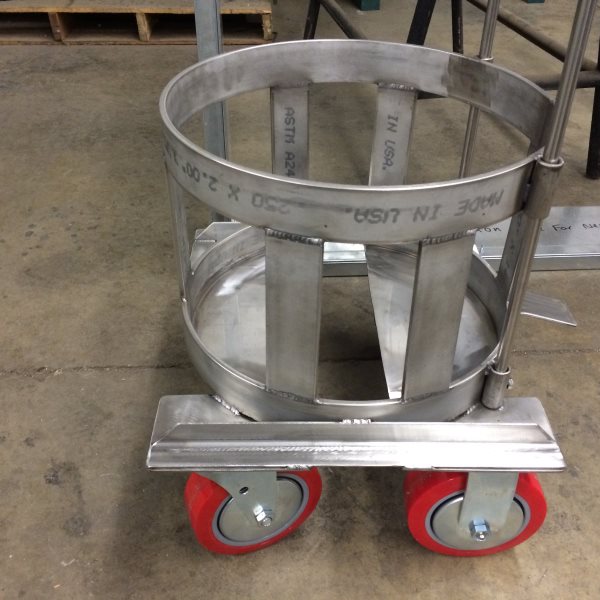Frequently Asked Questions
Q. Do you provide 24 hour service?
A. Yes, we have technicians that are on call 24 hours a day, 365 days a year to handle any of your emergency service needs.
Q. What is the difference between a "union shop" and a "non-union shop"?
A. The main difference between a union and a non-union shop is the quality of the technicians. A union technician goes through a five year apprenticeship where he/she attends day school at a local technical college and night schooling at the union's training school. The technician also works out in the field side by side with a journeyman who teaches him/her all of the skills needed to get the job done efficiently and correctly. After the apprentice has completed their schooling and field hours required they take a very rigorous eight hour test that includes both hands on and written material covering all the facets of the trade. Upon passing this test the apprentice receives his or her journeyman card. With a non-union shop there is no structure or criteria for the technicians.
Q. Do you offer preventive maintenance plans? What do these plans cover?
A. Yes, we offer preventive maintenance plans. We will make a custom tailored plan for any building to meet the needs of our customers.
Q. What is energy efficiency?
A. Energy efficiency refers to technologies, processes and equipment that allow us to do the same activities (or more) with less energy. It means getting better use out of the energy we consume. In practical terms, this could mean installing better insulation, buying ENERGY STAR appliances or using a programmable thermostat.
Efficiency differs from conservation, which means changing behaviors to reduce energy use.
Q. Is it more energy efficient to keep turning fluorescent lighting on and off all day or to just leave it on? Our office uses a room at least every 20 minutes during an 8-hour work day but no one is ever in there all day.
A. By leaving fluorescent lamps on you save the lamp life, but not energy costs. It's a trade-off between buying new fluorescent lamps which are generally pretty cheap and the cost of electricity to run the lamps all day for only a few minutes of actual use. This depends on your cost of electricity. Basically, we've found it more energy efficient to turn lights off when not in use. (For that type of room it might be cost effective to install an occupancy sensor unless people actually turn the lights off when they leave.)
Q. How are air conditioners typically sized to meet the cooling needs for my home?
A. Your comfort while using air conditioning depends both on reducing air temperature and removing humidity. An air conditioner should ideally run for 20 minutes or more on each cycle to cool the indoor air and to reduce humidity.
Over-sized air conditioners run in short inefficient cycles. They waste energy since they must run for a few minutes at the beginning of every cycle just to cool down the indoor coil and ducts. Only then can they can cool and de-humidify your home. That original cool-down energy is wasted after the air conditioner shuts off.
Q. What is a Chiller?
A. A chiller is a machine that removes heat from a liquid via vapor-compression or absorption refrigeration cycle. This liquid can then be circulated through a heat exchanger to cool air or equipment as required.
Q. What are the differences between an Air Cooled Chiller and a Water Cooled Chiller?
A. Air Cooled Chillers are typically located outdoors. An Air Cooled Chiller rejects the heat absorbed in the refrigeration cycle into the outside air as it passes over the condenser coil.
Water Cooled Chillers are typically located indoors. A Water Cooled Chiller rejects heat absorbed in the refrigeration cycles into water that is pumped out to a cooling tower where it is rejected into the outside air through air current and evaporation. Water cooled chillers are typically more energy efficient.
Q. What is an EMP?
A. An Energy Management Program. Does your company have one? If not we can help.
Q. What is your company's approach to Energy Management?
A. Reactive- Short Term, project by project approach. Or Strategic- Long Term systematic management approach.